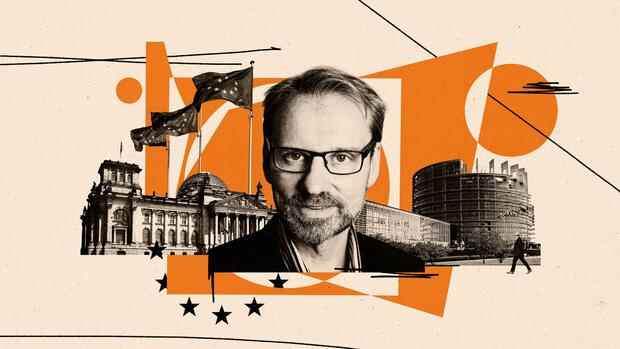In some practices and vaccination centers there was already a shortage of vaccine. The delivery bottlenecks should be the exception, assures Gabriele Regina, the President of the Federal Association of German Pharmacists’ Associations, as reported by the “Tagesschau”. So far, a total of 7.3 million people in Germany have received booster vaccinations. It is difficult to get an appointment at some points of contact.
Since the effectiveness of the Covid vaccines wears off after about six months, Germany goes into winter with part of the population who is inadequately protected – due to a combination of choice and system failure. Lothar Wieler, President of the Robert Koch Institute (RKI), recently warned that Germany was running out of intensive care beds.
Top jobs of the day
Find the best jobs now and
be notified by email.
So why is this happening again? The answer is that the German health system, however well funded, is not designed for a pandemic or general health emergencies.
Main task of the federal government: coordinating the fight against pandemics
It is a publicly funded but partly privately run health system. The federal states are responsible for the local health administrations and for the hospitals. Health insurance is a federal government responsibility, but states oversee health insurance companies. What can go wrong there?
Spahn wants to throttle Biontech delivery: practices have to reschedule
The main task of the federal government in the fight against Covid-19 is to coordinate the fight against pandemics. The federal states have co-decision rights through their representatives in the Bundesrat, the upper house of parliament.
In Germany there is a similarly decentralized system for flood disasters. There is no hope that the country has drawn any consequences from the floods last summer, in which well over 100 people in western Germany were killed. Healthcare and flood management are essentially about preserving local fiefs.
That is not to be expected from the traffic light coalition under Olaf Scholz. It does not have a majority in the Federal Council – the CDU remains the dominant party there. The ineffective crisis management is guaranteed to continue.
The federal system of Germany is characterized by an interweaving of rights and obligations, shared taxes and shared investment programs between the federal government and the federal states. Added to this are the financial flows from the richer to the poorer federal states.
Mathematical knot theory cannot even begin to unravel the mess. The system is very different from the federal systems of the USA or Switzerland, where rights and obligations are more clearly assigned at each level.
The separation of powers is not clearly distributed
The German system was created to prevent abuse of power – an area where it is excellent. But it’s not designed to adapt quickly. A single choice doesn’t change that.
In good times, this was an ideal environment for the manufacturing industry. But these are not the times we live in. We are struggling with climate change, diseases and technological disruptions on an unprecedented level. And our main trading partners are countries ruled by dictators.
The experience of Germany is a chilling example for the EU, in which the separation of powers is no longer as clear as it used to be. The lack of a clear division of labor is the reason why people wrongly blame the EU for a lack of vaccine supplies or for crises at our borders.
Competition and trade policy work much better because there is a clear demarcation between the competences of the EU and those of the Member States. The EU also performs some useful coordination functions in foreign policy, but we must remember that the EU is not a foreign policy actor acting independently of the Member States.
Neither is the German government an actor in the health sector. Europe’s geopolitical failure is not a failure of any single institution, but a consequence of the fact that no one is in charge.
My advice to Europhiles everywhere, and especially in Brussels, is not to seek to expand their powers into new areas, but to deepen their powers in existing areas. You should focus on completing the euro area through a capital markets union, a banking union and a common tax regime. The last thing they need is a special reaction force.
I advise the future federal government to strive for a clearer separation of competencies between the federal government and the federal states when dealing with epidemics, floods and other emergencies that do not stop at national borders.
The federal government in Berlin is currently unable to fight a virus, just as the EU is not able to fight a dictator.
More: That is the timetable up to the election of the Chancellor
